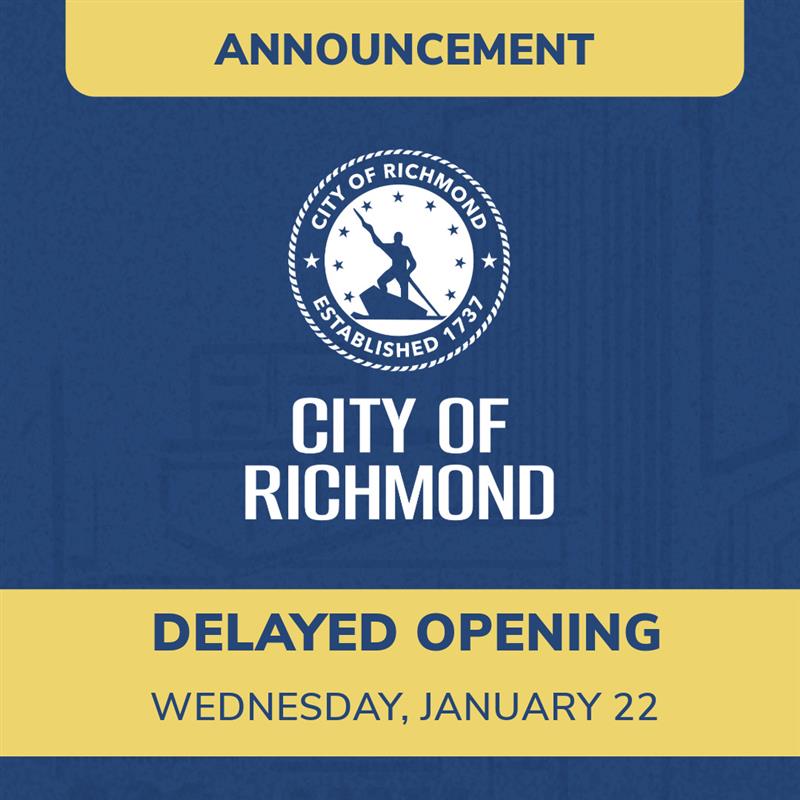Posted January 17, 2025
~Intersection enhancements support Vision Zero initiatives to improve roadway safety for all ~
RICHMOND, Va. – The Department of Public Works (DPW) will activate a new traffic signal at Cumberland and Laurel streets. Over the next week, weather permitting, the signal will be energized and temporarily placed in a flashing mode to alert motorists about the new traffic pattern. People are encouraged to exercise caution as the new signal is placed in activation mode.
- People driving on Cumberland Street will see signals flashing yellow and will no longer stop, while
- People driving on Laurel Street will see signals flashing red and must stop
The flashing mode provides motorists and pedestrians with an opportunity to adjust to the new pattern for about a week before it becomes a fully functioning signal-controlled intersection.
In addition, traffic signal work will begin later this month at these intersections:
-
- Patterson Avenue and Pepper Avenue - Installing a new traffic signal for proactive maintenance
- Midlothian Turnpike at 32nd Street - Upgrading the existing traffic signal
Features for these projects include:
- Overhead traffic signals on mast arm poles with high visibility backplates
- Countdown pedestrian signals with push buttons and high visibility crosswalk markings
- Accessible ramps for all ages and abilities with new sidewalks
During construction, there will be intermittent lane and sidewalk closures and the public is urged to follow posted signage for safety. Please remember to slow down when you see orange cones in the work zones and give construction workers extra space.
Weather permitting, these new projects are scheduled for completion in Fall 2025.
These projects are part of the city’s ongoing Vision Zero efforts to improve road safety and to modernize infrastructure across the city.
For information on DPW, go to www.rva.gov/public-works or email AskPublicWorks@rva.gov
We’re Social! For updates on activities and events visit us on X (Twitter) @DPW_RichmondVA
###
The City of Richmond Department of Public Works (DPW) is one of only 195 currently accredited public works agencies in the United States. DPW’s portfolio comprises a wide array of services to include leaf collection; street, sidewalk and alley maintenance; trash collection; recycling; grass cutting; graffiti removal; parking enforcement; urban forestry; street signs; traffic signals and pavement markings and civil engineering. In addition, DPW maintains upkeep on most city buildings; issues permits for working in the city’s right-of-way; manages the RVA Bike Share program and maintains the fleet of city vehicles. DPW’s operating budget comes from the general fund of the City of Richmond. For more information about DPW services, click here or call 3-1-1








